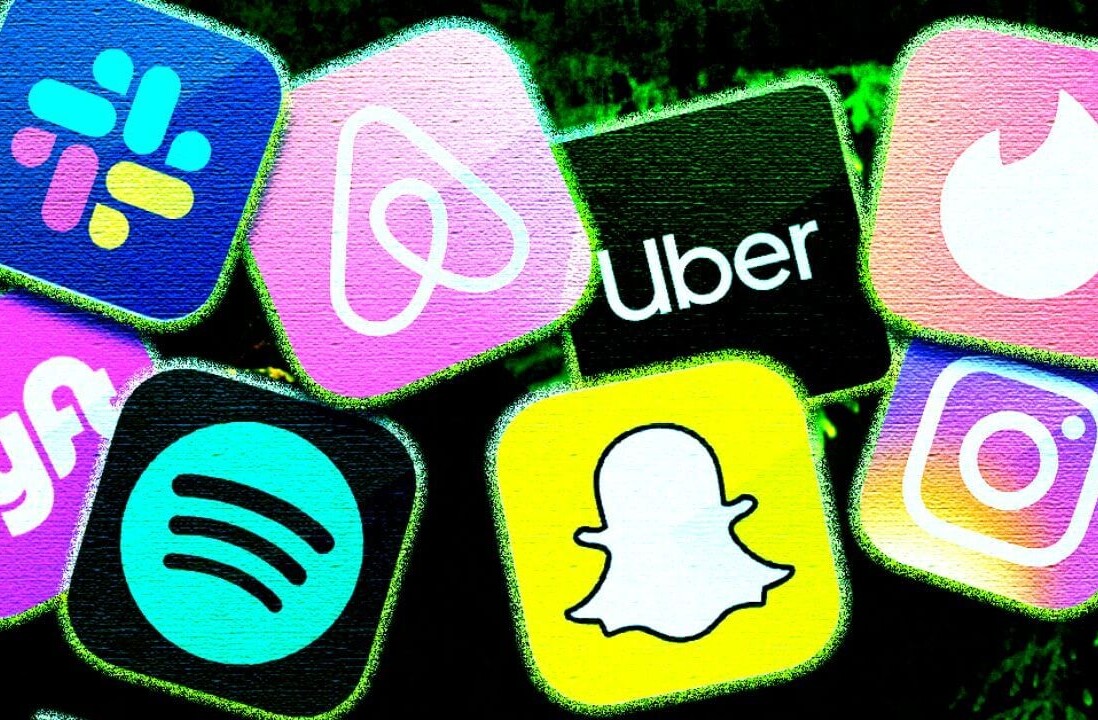
BuzzFeed wants to conquer more markets with its viral list posts (among other content), up till now only available entirely in English. Free language learning platform Duolingo recently announced it is using crowdsourcing to solve the problem of adding more languages to its service.
Combine the two of them together, and a win-win solution is born: BuzzFeed gets to export its content in more languages to convert more readers to its list posts (cute cat alert!), while Duolingo will get to monetize its services and language learners will be able to see popular BuzzFeed stories in their lessons.
This arrangement is set to kick in soon, the Wall Street Journal reports, as BuzzFeed will launch versions in French, Spanish and Brazilian Portugese this month. The stories on these sites will be BuzzFeed posts that appeared in English at first, but which have been translated by Duolingo’s services. In theory, the crowdsourcing method at Duolingo will ensure that a BuzzFeed post gets translated in hours — and apparently tests say this is doable.
Duolingo previously said its move to crowdsource languages “will enable the inclusion of every language in the world, including fictional languages such as Dothraki and Elvish” — though whether anyone actually knows these languages is another matter entirely. This means that BuzzFeed will likely be able to spread to a whole lot of other markets — fast and furious.
One of the co-founders of Duolingo is Luis von Ahn, who is far from a newcomer when it comes to leveraging the power of the crowd, being one of the creators of the CAPTCHA method of verification. He tells WSJ that BuzzFeed is only the first of many clients paying Duolingo for its translation services, and predicts that the app could earn “tens of millions of dollars” a year from its translations.
Headline image via Shutterstock
Get the TNW newsletter
Get the most important tech news in your inbox each week.




